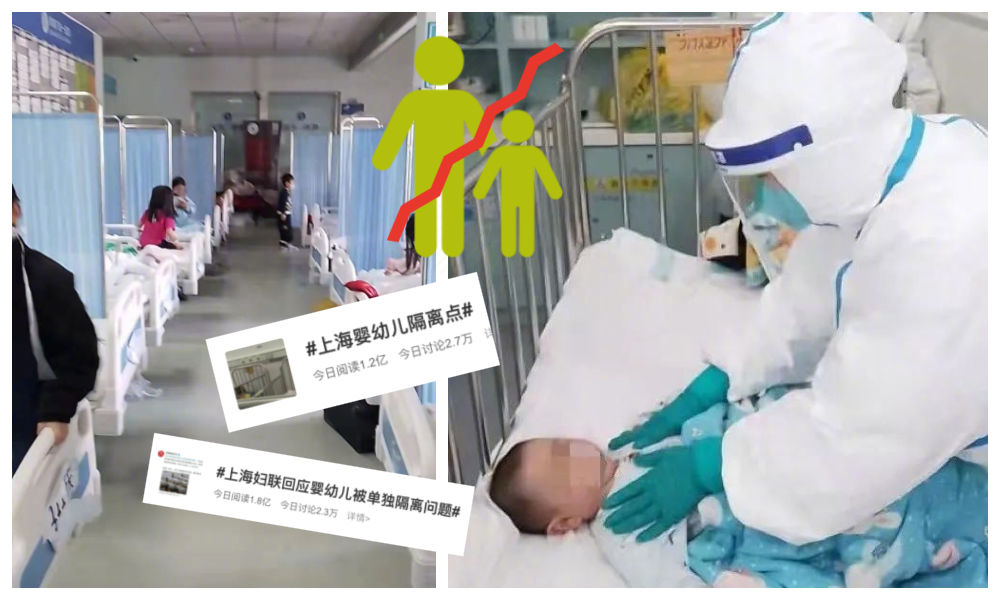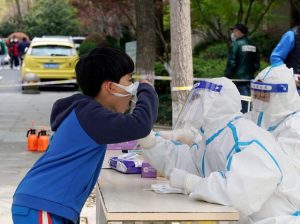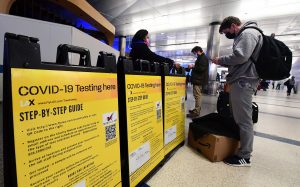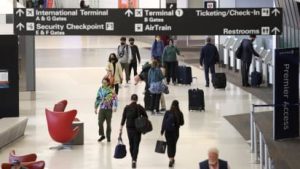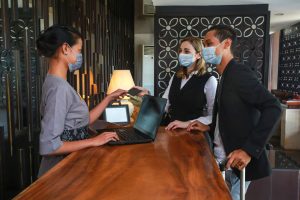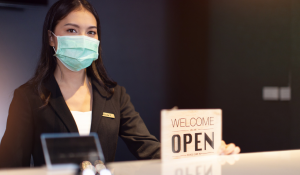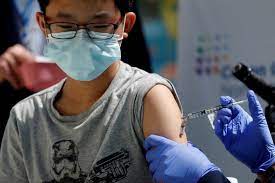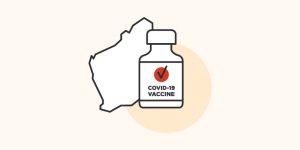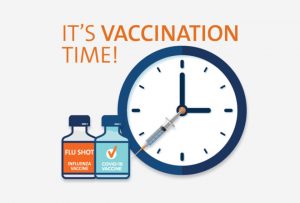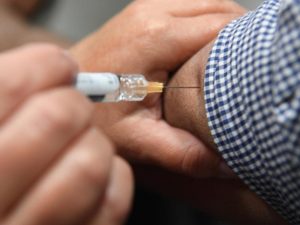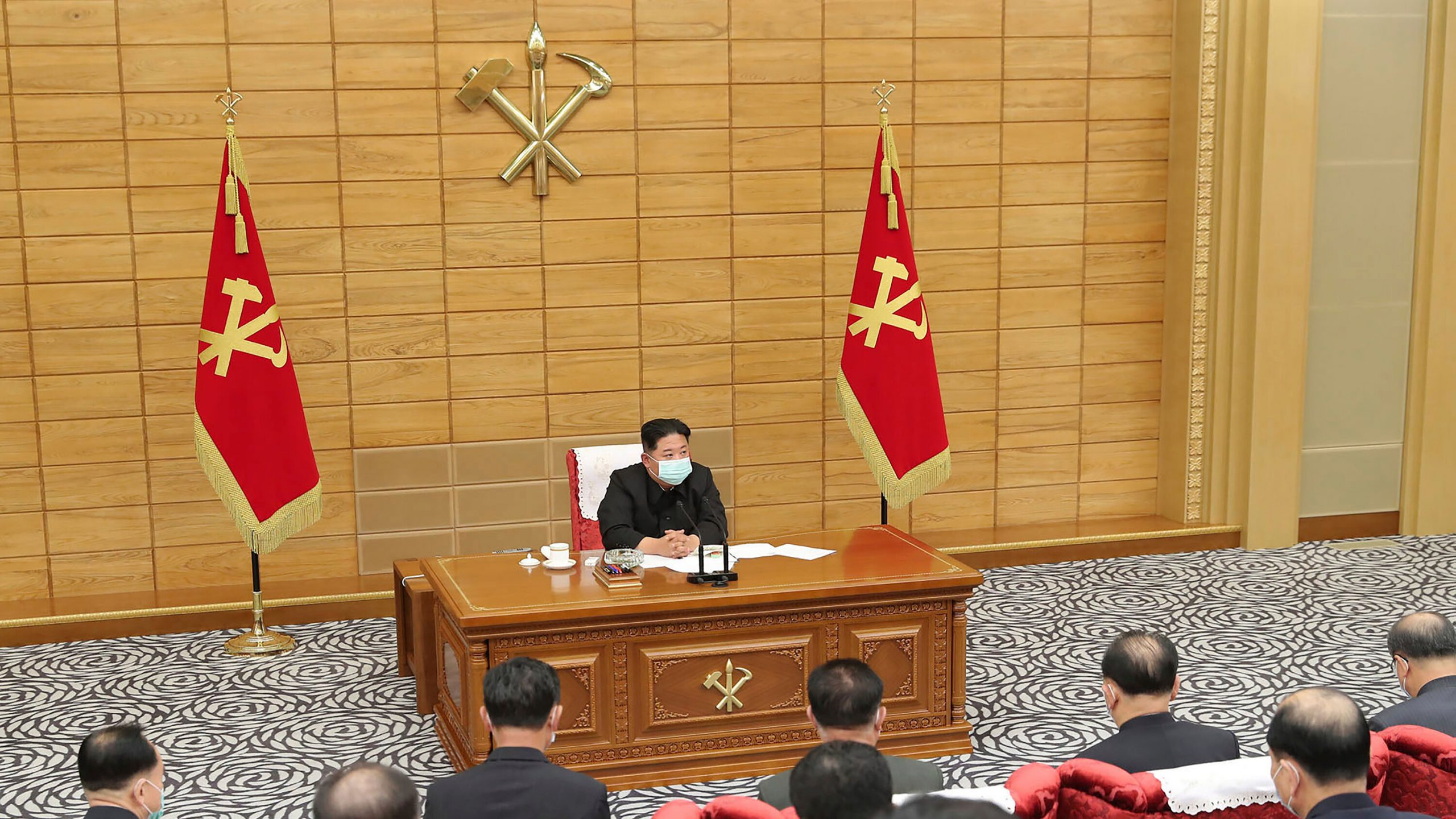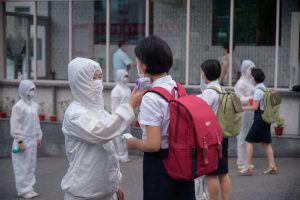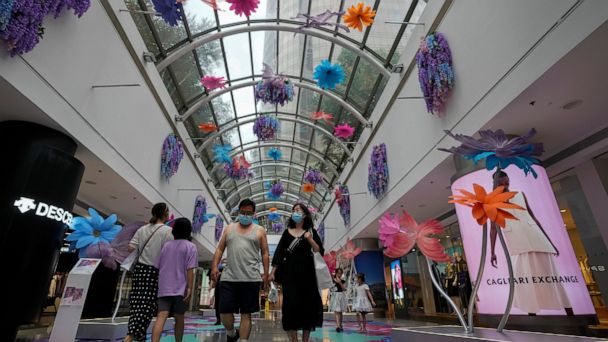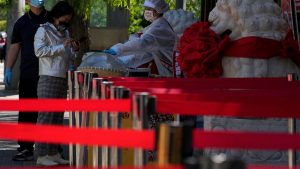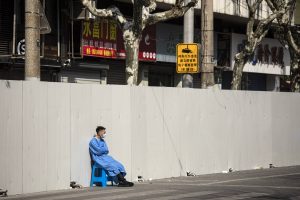(Worldwide) First two COVID-19 deaths in more than a year
China reported its first two COVID-19 deaths in more than a year, the National Health Commission said, both coming in the northeastern province of Jilin as the country faces its worst case upsurge since the pandemic’s outset.
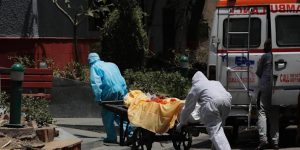
The fatalities were the first reported in China since January 26, 2021, and bring the country’s total death toll in the pandemic to 4,638. In all, China reported 4,051 new cases on Saturday, down from 4,365 the day before, the commission said.
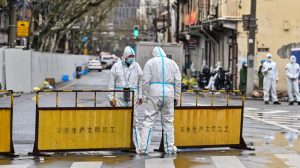
The country where the virus emerged in late 2019 has largely kept it under control thanks to a combination of strict border controls, lengthy quarantines and targeted lockdowns.
But the highly transmissible Omicron variant is posing a stern challenge to that strategy, prompting authorities to close off cities including the southern tech hub of Shenzhen, home to 17.5 million people.
(Worldwide) ‘Remain vigilant’
The World Health Organisation has voiced alarm that registered COVID-19 cases are once again rising globally, despite testing levels having dropped significantly.

After falling for weeks, reported COVID-19 cases rose globally by eight per cent last week, with more than 11 million cases and over 43,000 new deaths registered, WHO said. And in the Western Pacific region, new cases shot up last week by a full 29 per cent.
Case numbers in the region have been rising since the end of December and the Western Pacific has now overtaken Europe as the global hotspot for detected new cases, with 5.02 million, compared to 4.99 million in Europe.
(Worldwide) Covid restrictions easing across Europe
Pandemic restrictions are being lifted with alacrity across Europe despite many countries experiencing a record surge in coronavirus cases and concerns about the failure to vaccinate many people considered vulnerable to the disease.
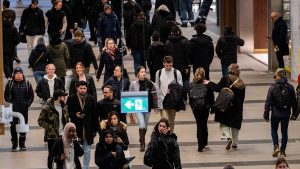
In Germany most pandemic controls will be lifted on Sunday after a heated parliamentary debate on Friday which led to both houses of parliament voting in favour.
In Austria authorities said they had little choice other than to reintroduce a face mask mandate for indoor spaces in the light of a hefty rise in cases to 3,600 per 100,000 inhabitants. The health minister, Johannes Rauch, announced on Friday that from the middle of this week medical FFP2 masks will have to be worn again.
In France, most restrictions were lifted last Monday, including the obligation to wear a mask indoors, except on public transport, and to show a “Pass Vacinal” proving vaccine or recovery status. The number of new cases has risen by a quarter since last week, according to health authorities, and was at its highest along the Grand Est border region with Germany.
(AUS) Public transport usage at highest point since pandemic began
New data from the Department of Transport shows that Melbourne has reported its highest rise in public transport usage in more than two years. Levels however, are not where they were pre-pandemic, with some believing that hesitation around catching COVID is keeping people from returning to public transport.

Experts say the danger of catching COVID on a tram or train is no worse than other areas of everyday life, with face masks remaining mandated on public transport. Chair of epidemiology at Deakin University, Professor Catherine Bennett, said staying in a shop or cafe for longer than fifteen minutes could now pose a higher risk of transmission than being on a train or tram.
(AUS) Financial Support For Travel Agents
The Federal Government has announced a 75.5 million dollar support package for travel agents impacted by COVID-19 restrictions. The new program is on offer following the reopening of state and international borders.
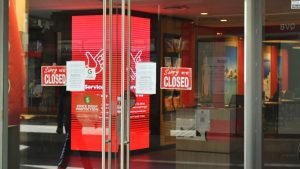
The funds will help travellers re-book trips using existing Covid-related credits. It will be available in grants of between $7,500 and $90,000, based on previous turnover levels from the 29th of March. Applications will open on the 29th of March.
(AUS) Plan to help disadvantaged young Australians
More than $40 million will be spent in the upcoming federal budget on helping disadvantaged young Australians get into work through a pre-employment program. The program, named ReBoot, will aim to help 5000 people aged between 15 and 24 into a job. The scheme is expected to cost $46.8 million over the next four years.
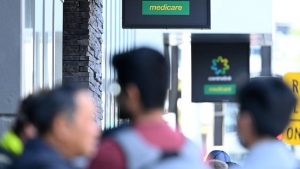
Treasurer Josh Frydenberg said the program would aim to help disadvantaged young people overcome obstacles to find employment. A procurement process will be carried out to find a not-for-profit organisation to run the program. It’s expected ReBoot would be rolled out from early 2023.
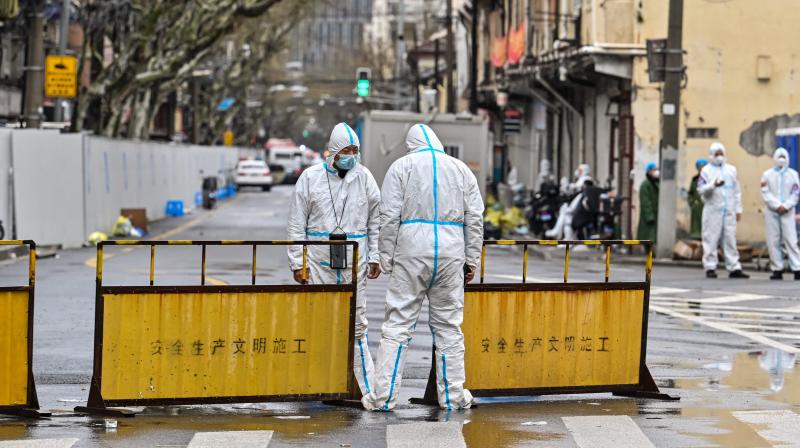

 COVID-19 Around the World3 years ago
COVID-19 Around the World3 years ago
 Cuisine Explorer4 years ago
Cuisine Explorer4 years ago
 Arabic2 years ago
Arabic2 years ago
 Cantonese - Traditional Chinese4 years ago
Cantonese - Traditional Chinese4 years ago
 Tagalog4 years ago
Tagalog4 years ago
 Uncategorized4 years ago
Uncategorized4 years ago
 Uncategorized4 years ago
Uncategorized4 years ago








